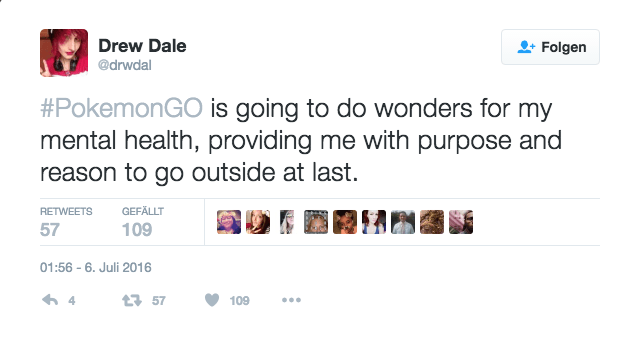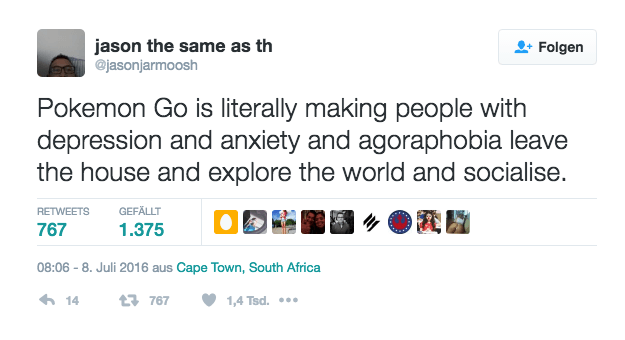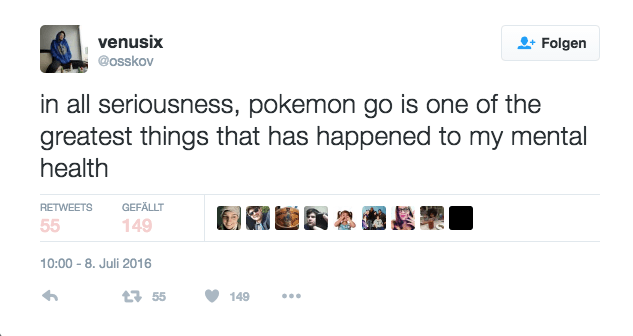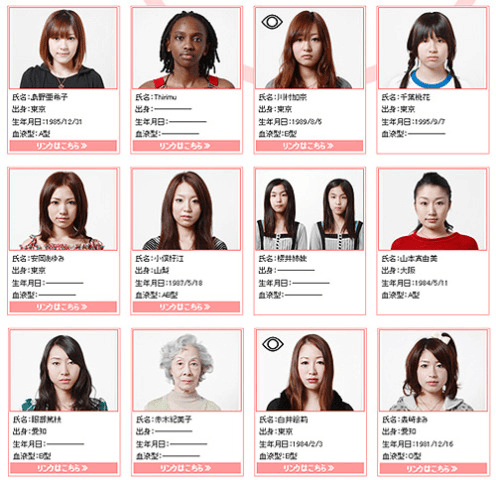Sometimes everyone feels the need to take a break from the rest of the world. Not leaving the room for a day can be a welcome alternative to our daily social routine. In Japan they took this trend too far that it became a condition: hikikomori (literally being confined) are people who withdraw from social life, not just for a weekend time out. Ironically, studies proved that alternative realities can help Japanese socially frightened to find their way back into society.
"Post modern hermits", as Professor Flavio Rizzo from the University Tokyo calls the social group, are characteristically adolescents and young adults who become recluses in their families homes, unable to take part in the social life. All this can last from several months up to years. The reasons for their withdrawal can be different, but it is often described as an inability to perform and function due to the high pressure in the Japanse school system. A hikikomori's day is shaped by spending the time in front of the screen, they prefer living in virtual worlds rather than having physical social interaction.
Media giant Avex Trax made an attempt to rehabilitate hikikomoris by releasing an unusual product: their "Just Looking" collection. It consists of a multitude of videos picturing young women and men staring into the camera for about a minute and occasionally saying a line at the end of the recording. The aim of this product is to help “young males who aren't used to socializing with women (...) become more accustomed to making eye contact and/or handle the fact that a sentient being sits across from them and awaits interaction".
The videos, recalling Andy Warhol's screen tests, have been viewed thousands of times since they've been released. The phenomenon of withdrawing from the public is not just limited to Japan, people all over the world watched the recordings. Tom Jacobsen, an american who describes himself as previous hikikomori says: "The video shows that social experiences don't have to be scary and tense. Much of the time, Hikikomori kids' first impressions of social contact have to do with angry, demanding parents and playground bullies, so these videos show that there are other people out there who they might get along with better. Also, the fact that these videos were made (...) will probably have a positive effect in itself. The recluses will think that people really do care about them and want to help them, which should be encouraging to them".
A more recent approach to help hikikomori relates to the popular augmented reality game Pokémon Go. According to Dr. Huu Kim Le, Pokémon Go could potentially be a chance for the patients spending their life in virtual worlds to gain a sense of purpose to leave their rooms. The combination of the relationships made in the alternative reality of the game with the off-screen world could be a first step for them to get used their old environment.



Sources: The Wall Street Journal, Mind the Science Gap, Observers
Images: Inventor Spot, Rocket News 24

Share your thoughts and join the technology debate!
Be the first to comment